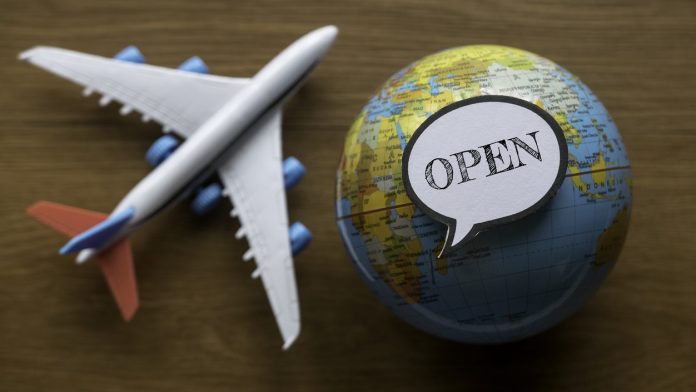Most travel restrictions that have been in place in Malaysia for the last two years will be lifted on 1 April. This is good news for the country’s medical travel sector. In 2021, Malaysia Healthcare Travel Council (MHTC) helped to generate RM551 million (US$131 million) in revenue based on hospital receipts, 6% above their targeted revenue goal. Their target this year is RM800 million (US$190 million).
MHTC launched its Healthcare Travel Industry Blueprint in November 2021. It consists of two phases:
- Recovery Phase (2021-2022): aimed at reinforcing awareness of Malaysia’s healthcare offerings, and enhancing the patient experience through digitalisation of key touchpoints, creation of more strategic partnerships, unified global branding efforts as well as
- Rebuild Phase (2023-2025): where industry players will work collectively build awareness of Malaysia’s niche offerings such as the Fertility Hub of Asia, Cardiology Hub of Asia and the Cancer Care Centre of Excellence.
MHTC has stated it helped to generate RM551 million (US$131 million) in revenue based on hospital receipts, which was 6% above their targeted revenue goal for 2021. This was largely driven by a stringently monitored medical travel bubble, vigorous government-to-government and business-to-business engagements, 18 industry partnerships contributing to the volume of inbound patients, alongside continuous branding and awareness initiatives to the international customer base, confirming Malaysia’s commitment to being a safe and trusted healthcare destination.
“We look forward to welcoming international travellers back to Malaysia, a safe and trusted destination, strengthened by our nation’s commitment to embracing endemicity,” Mohd Daud Mohd Arif, Chief Executive Officer of MHTC commented.
Currently in the Recovery Phase, MHTC’s 2022’s initiatives focus on laying a solid foundation for the Rebuild Phase, and aims to generate RM800 million (US$190 million) in revenue.
It is looking to implement several key initiatives to build further industry growth, including the launch of a One Stop Portal for healthcare travel, raising the profile of Malaysia’s first Flagship Medical Tourism Hospitals, and adding more strategic partnerships to attract inbound healthcare travellers. It is also looking for foreign direct investment in pharmaceutical research and development, medical innovations, and technological research.
From 1 April, fully vaccinated international travellers will no longer be required to quarantine upon arrival in the country. International tourists will still need to show proof of a negative COVID-19 test taken less than two days before traveling, as well as another negative test taken within 24 hours of their arrival. They no longer need to apply via the MyTravelPass mechanism, but they will still need to download the MySejahtera contact tracing app.
Tourism Malaysia officers stationed abroad have been urged to play a role in promoting the country’s tourism sector by using marketing strategies that are in line with the host country’s norms. They are being asked to diversify their marketing strategies in line with the development of digital technology to reach the target group.
The eight officers are stationed at the Tourism Malaysia offices in London (United Kingdom); Jakarta (Indonesia); Istanbul (Turkey); Sydney (Australia); New Delhi (India); Jeddah (Saudi Arabia); Taipei (Taiwan) and Auckland (New Zealand).
The National Tourism Policy aims to attract the entire spectrum of tourists such as cultural enthusiasts, environmental lovers and medical tourists.








 ©2024 All rights reserved LaingBuisson
©2024 All rights reserved LaingBuisson 


